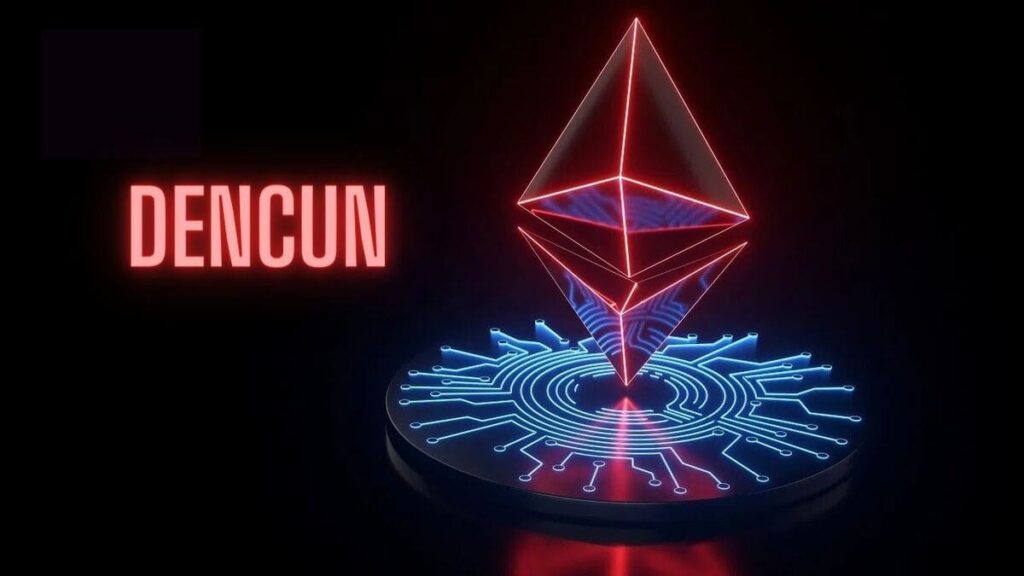TL;DR
- The implementation of Dencun on the Ethereum mainnet has been successfully carried out.
- One of the main goals is to address the scalability and cost challenges facing Ethereum.
- The introduction of “blobs” of data through EIP-4844 will provide a new space to store data on the ETH blockchain, facilitating data management and reducing associated costs.
The recent implementation of the Dencun upgrade on the Ethereum mainnet marks a significant milestone in the development of this network and the blockchain industry as a whole. The upgrade, considered the largest since the Merge, has been successfully executed, generating expectations and optimism among the crypto community.
One of the main goals of Dencun is to address the scalability and cost challenges facing Ethereum, especially regarding transaction fees and the efficiency of layer 2 networks. This upgrade is expected to significantly reduce fees, benefiting users by making transactions more accessible and economical.
Dencun went live, we've had blobs land in blocks on mainnet .oO 🎉
— timbeiko.eth ☀️ (@TimBeiko) March 13, 2024
A notable feature of Dencun is the introduction of “blobs” of data through EIP-4844, known as proto-danksharding. These blobs allow for a new space to store data on the ETH blockchain, separate from regular transactions, making data management easier and reducing associated costs.
Despite its benefits, some experts point out that Dencun only partially addresses the limitations of layer 2 solutions. Arthur Breitman, co-founder of Tezos, emphasizes that layer 2 solutions still face significant challenges in terms of scalability and centralization, and additional measures are needed to effectively address these issues.
Will Ethereum Unleash Increased Competition Among Layer 2 Networks?
The implementation of Dencun has also sparked discussions about the future of Ethereum (ETH) and the role of layer 2 networks in its growth and adoption. Some experts believe that this upgrade could trigger competition among major layer 2 networks to attract more users by offering lower transaction fees and greater efficiency.
In addition to proto-danksharding, Dencun incorporates other significant improvements, such as EIP-1153, which reduces data storage fees on the chain, and EIP-4788, which enhances bridge and staking pool designs. These improvements are designed to enhance the user experience and overall network efficiency.
The successful implementation of Dencun represents a significant step towards improving Ethereum and strengthening its position as a leading blockchain platform. With the reduction of transaction fees and the introduction of new features, ETH is poised for a more scalable and efficient future.











